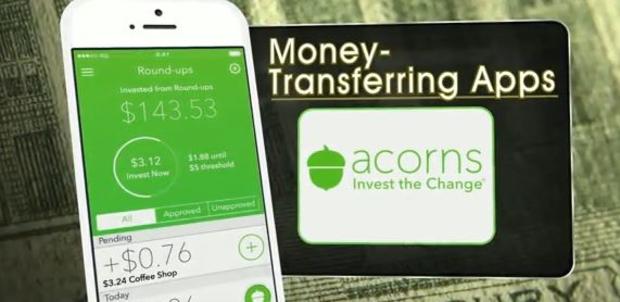How much cash should you have in your emergency reserves?
Twenty-nine percent of Americans admit they keep no emergency savings and only 22 percent are prepared with at least six months of reserves, according to a new survey by Bankrate. However, a few simple steps could help you avoid severe financial risk.
According to CBS News business analyst Jill Schlesinger, reserves should total six to 12 months of one's living expenses for those with jobs.
"I know that sounds higher than most people imagine, we used to say three to six months was the rule of thumb, but then this recession proved that it takes an awful long time to get a new job if you get laid off," Schlesinger said Wednesday on "CBS This Morning."
For retirees, Schlesinger said the equivalent of 12 to 24 months of living expenses in reserve is ideal to avoid dipping into savings.
Reserves should be liquid cash because "it has to be safe," Schlesinger said.
While some Americans struggle, living paycheck to paycheck, Schlesinger recommends starting early and small.
"There was a great survey out recently about retirement savings. And it's had the same result, which is, boy, a lot of people are unprepared. They went and asked one more question. 'Do you think, even though you have no money saved today, do you think you could save $25 a week?' And a majority of people said 'Yes, I could,'" Schlesinger said.
The least painful way to do this is by automating your savings.
"Technology is making this so much easier. We've got some new apps that are phenomenal," Schlesinger said.
Acorns, for one, rounds up the price of purchases, takes the spare change and invests it in exchange traded funds (ETF), which is similar to mutual funds, Schlesinger explained. Another app Level Money allows you to set how much you want to save each month and shows how much "spendable" money you have left.
"Boy, if you talk about automatic savings with the click of your phone, it's fantastic," Schlesinger said.
Spending habits also change with age.
"When you're young, you've got student debt and you've graduated, you really have to address paying down that debt, saving for your emergency reserves, and then starting to invest long term," Schlesinger said. "As you get older and you've gone through all these responsibilities -- raised your kids, you put your money away for college -- then you really start to accelerate."
Establishing your habits early will make it easier to save as you grow older.
"Crank it up. Let's save America," Schlesinger said.
